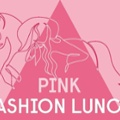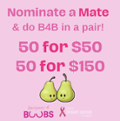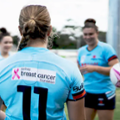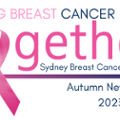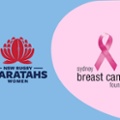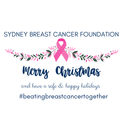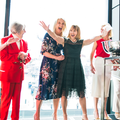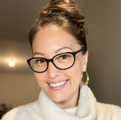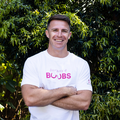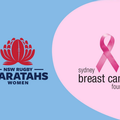Five minutes with Ann Carrigy, Clinical Nurse Consultant11 May 2018
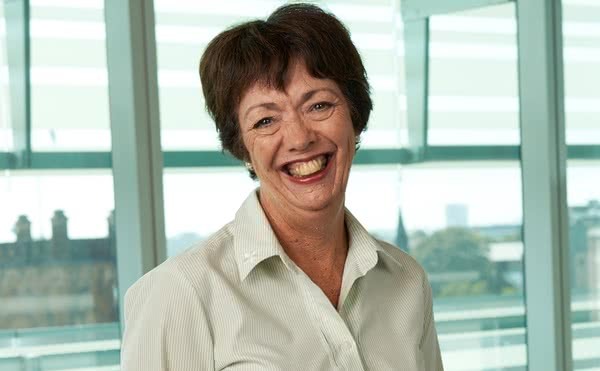
What is a Medical Oncology Breast Clinical Nurse Consultant?
It's a registered nurse who applies advanced knowledge of the health needs, preferences, and circumstances of women. We follow patients across the continuum of care from diagnosis and treatment through to rehabilitation, follow-up and palliative care. Our goal is to help them be as well as they can throughout these different stages.
What does that entail?
When a new patient comes to see a medical oncologist, I give them my contact details and hold an education session with them to let them know what to expect. I reassure them that it's not going to be as bad as they think it's going to be.
On a day-to-day basis I look to solve the problems and issues that arise. I'll often get calls from people who are running into a bit of trouble at home or with their treatment. I'm the first point of contact for a lot of our patients and the liaison between them and the medical oncologists. It's a busy job, I see over 400 patients a month!
How would you describe your team?
The breast oncology team is amazing and it’s a privilege to work with such intelligent and dedicated women. I work very closely with breast oncologists Professor Jane Beith and Professor Catriona McNeil and we see a lot of advanced trainees coming through over the years. It's a fantastic team.
What advice would you give a new colleague?
This role is quite demanding emotionally so having support from family and loved ones is so important. I've got a very supportive husband and that makes such a difference. Without that stability, I think I'd find it hard to keep going at times.
It's important to support each other as a team. If we ever had any conflicts that would make it much harder to support the patients at a time which is very emotional for them.
It's also important to be accepting of everybody who walks through our door, of their sexual preferences and their religious and cultural beliefs. We accept each person as they are.
What was your path to this role?
At school, I was interested in laboratory medical science and went to the hospital to look into it further. I saw the nurses running around and thought, "That's what I want to do!"
I trained in Adelaide and afer that worked in London for three years as a research assistant to Dame Professor Jenifer Wilson Barnett, who goth the first PHD in nursing at London University.
When I came back to Sydney, I got a job at RPA as a student nurse councillor. I worked in the RPA respiratory ward and in Day Therapy and from there a job came up as a Medical Oncology Breast Care Nurse. I applied for it and I've been doing that ever since.
